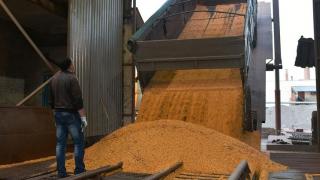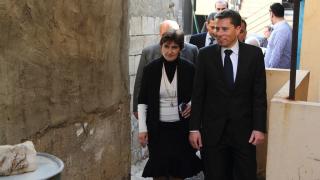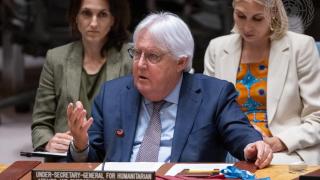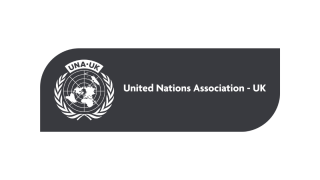
The Black Sea Grain Initiative signed separately by Ukraine and Russia on 22 July has so far authorised 12 vessels to depart Ukrainian ports.
This landmark deal, brokered by the UN and Turkey, has been described by the Secretary-General António Guterres as a “beacon of hope” amid the ongoing war in Ukraine. It allows for commercial food exports from three key Ukrainian Black Sea ports: Chernomorsk, Odessa, and Yuzhny, and commits all parties to not attack any merchant or other civilian vessels, or port facilities covered by the deal.
UNA-UK welcomes this significant diplomatic agreement, a critically important step in alleviating catastrophic global food shortages. Ukraine is one of the world’s largest grain exporters, supplying over 45 million tonnes each year according to the FAO - most of it directed through the Black Sea ports before the war began in February. Since then, some 20 million tonnes of grain has been stuck in silos in Ukraine, unable to reach those in need.
The war in Ukraine has already had a significant impact on global food stability; in May World Food Programme Chief David Beasely stressed the need for the Black Sea ports to reopen to avert famine and feed the hundreds of millions of people relying on the supplies. With both Ukraine and Russia performing a key role in the global food system - in 2021 alone they exported nearly 30 percent of the wheat traded internationally - the global impact of the war in Ukraine is severe. All states must act to combat the humanitarian fallout from the war - both in Ukraine and around the world.
The deal is the culmination of months of negotiations and diplomatic efforts led by the UN and Turkey after Guterres first proposed the plan in April at a meeting with Russian President Vladimir Putin and Ukrainian President Volodymyr Zelensky. Two UN Task Forces were established in parallel on the talks: one led by UN humanitarian affairs chief Martin Griffiths, who led efforts focused on the grain shipments, and the other headed by Rebecca Grynspan, Secretary-General of UNCTAD, that focused on facilitating access to Russian food and fertilisers. Ensuring the deal is implemented is now critical, and the will be monitored via the Joint Coordination Centre, to be hosted in Istanbul and include representatives from Ukraine, Russia and Turkey.
While this is a significant step, there is still a long road to peace in Ukraine. The international community and the UN must continue to pursue an end to the ongoing hostilities and the restoration of Ukrainian control to land within its borders. However, the mediation of the agreement does offer hope for ongoing diplomatic efforts towards a comprehensive peace deal at a time when neither Ukraine or Russia seem close to engaging in wider peace negotiations.
UNA-UK has repeatedly stressed the importance of international cooperation, and for states to engage with each other in order to minimise harm during conflict. While the UN has been criticised over the Security Council’s repeated deadlocks and inaction on Ukraine, the UN continues to play a significant role, providing a platform for cooperation and coordination of humanitarian affairs and mitigating impacts. UNA-UK calls on all parties to use this forum to help ensure the free unhindered flow of humanitarian aid and support progress towards permanent peace.
Read more:
- Click here to see updates on the UN’s action on Ukraine
- Read this article on why the UN hasn’t been useless on Ukraine
- See UNA-UK's briefing on the UN emergency special session
- Click here to read UNA-UK's statement on Ukraine
Photo: A truck unloads corn grain at a processing factory in Ukraine. © FAO/Genya Savilov






